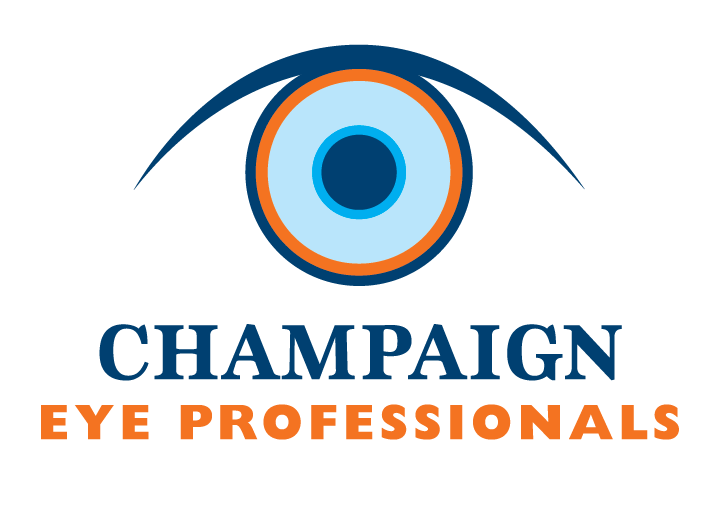Comprehensive Eye Exams
Think about how valuable your vision is to your everyday life. Now consider this: most conditions that affect or impede your vision are mendable. And, some of the biggest threats to your vision can be monitored before they ever occur.
At Champaign Eye Professionals, we offer comprehensive eye exams in Champaign, IL, to make sure you always have a close eye on your visual health.
The Benefits of Comprehensive Eye Exams
Around 11 million people could benefit from wearing corrective lenses. Unfortunately, some people will deal with blurry or inaccurate vision for years without visiting an eye doctor for an evaluation. During a comprehensive eye exam, the eye doctor will conduct a thorough assessment of visual acuity. Several tests will be conducted to look for problems like:
- Nearsightedness
- Farsightedness
- Astigmatism
- Focusing problems
- Peripheral vision issues
Another major aspect of a comprehensive vision exam is examining the structures of the eye for signs of problems. Many common eye diseases are easily pointed out by the eye doctor during a general exam. For example, diabetic retinopathy affects the blood vessels in the eye, and these changes are easy to spot during a dilated eye exam.
Glaucoma, macular degeneration, and cataracts are all conditions the doctor will be looking for during your exam. These serious conditions are better managed when they are diagnosed as early as possible.
What Happens During a Comprehensive Eye Exam?
During the comprehensive eye exam, you will undergo a series of tests and evaluations using different techniques and tools designed for the purpose. A few examples of what to expect during the exam include:
- Measurement of visual acuity with the Snellen chart
- A dilated eye exam using special drops to open up the pupils
- Refraction tests to look for refractive errors like nearsightedness which lens strength corrects them
- Pupil reaction evaluations using light and visual assessments
- Visual field tests to assess peripheral (side) vision capabilities
- Slit-lamp examination to look at the structures of the internal eye
- Eye teaming evaluations to determine how well the eyes work together
Who Should Have an Eye Exam and How Often?
Eye exams are recommended for both children and adults, but the frequency of the comprehensive exams can vary depending on the needs of the patient. The general rule of thumb is for children to have a comprehensive eye exam between the ages of 3 and 5 and once annually thereafter. For adults, a comprehensive eye exam should be done by the time you reach 40, and people over 60 should have this thorough eye health evaluation every one or two years.
Keep Your Vision and Visual Health in Check with a Champaign Eye Doctor
At Champaign Eye Professionals, we take your visual health concerns seriously. Therefore, we go the extra mile during compressive exams to make sure we understand every element of concern. Reach out to our team to schedule your comprehensive eye exam today.

